John Ford is one of the most influential filmmakers of the 21st century, with a storied career that spanned from the silent era and thrived until his retirement in the late 1960s. He was the recipient of four Best Director Academy Awards, though they were all for dramas, despite Ford's movies ushering in and defining the Golden Age of the Western.
It's largely thanks to his film Stagecoach (1939) that the Western was elevated from cheap B movie to the big-budget action flick that defined the genre in the '40s, '50s, and beyond. It also helped launch John Wayne to the A-list, who later become one of the biggest box office draws and highest-paid actors ever in Hollywood. While Ford was a talented filmmaker in any genre he decided to work in, his name is still most associated with the Western.
10 How The West Was Won (1962) - 7.1
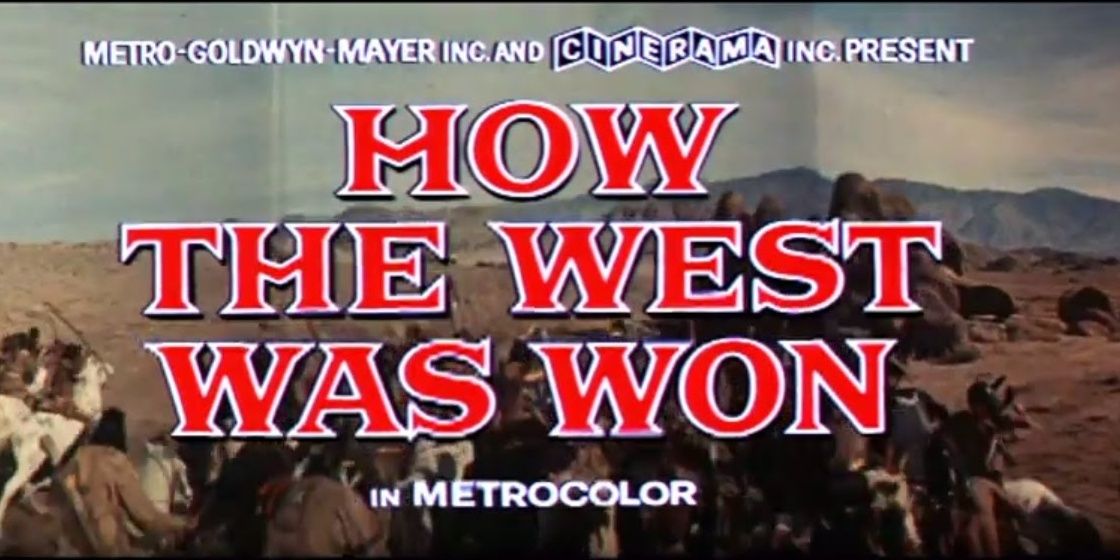
This epic Western follows a family's tragic journey to make a life for themselves in the wild American landscape, while westward expansion marches on. Three directors put their mark on this Hollywood classic, in addition to Ford, and Henry Hathaway and George Marshall directed three and one segments, respectively.
The segment "The Civil War" was directed by Ford and concerns two young Confederate soldiers who have the chance to kill Generals Ulysses S. Grant and William Sherman, the two greatest Union Army Generals. Shot in Cinerama, this film is beautiful and intricately detailed and the costumes were sewn by hand to look more accurate for the time, making this one of Ford's best.
9 The Iron Horse (1924) - 7.2
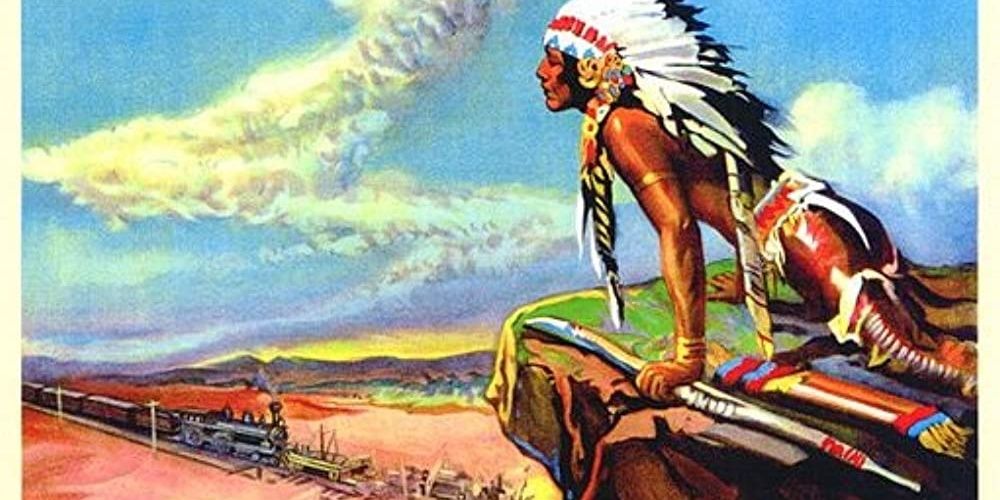
This silent Western served as Ford's first major film and is a fictional telling of the construction of the Transcontinental Railroad. A surveyor dreams of building a railroad from the Atlantic to the Pacific oceans but is killed by an evil businessman dressed as an Indigenous Cheyenne. His son sets out to complete his father's railroad, with the help of Irish, Italian, Black, and Chinese workers, but the conniving businessman will do anything to stop the railroad.
It is rumored that a group of Chinese extras in the film actually helped construct the original Transcontinental Railroad. In the early days of Hollywood, Westerns were rarely taken seriously, at least by those who hadn't seen Ford's westerns. The fact that this silent film is still ranked among Ford's highest-rated Westerns speaks to its undeniable quality.
8 She Wore A Yellow Ribbon (1949) - 7.3
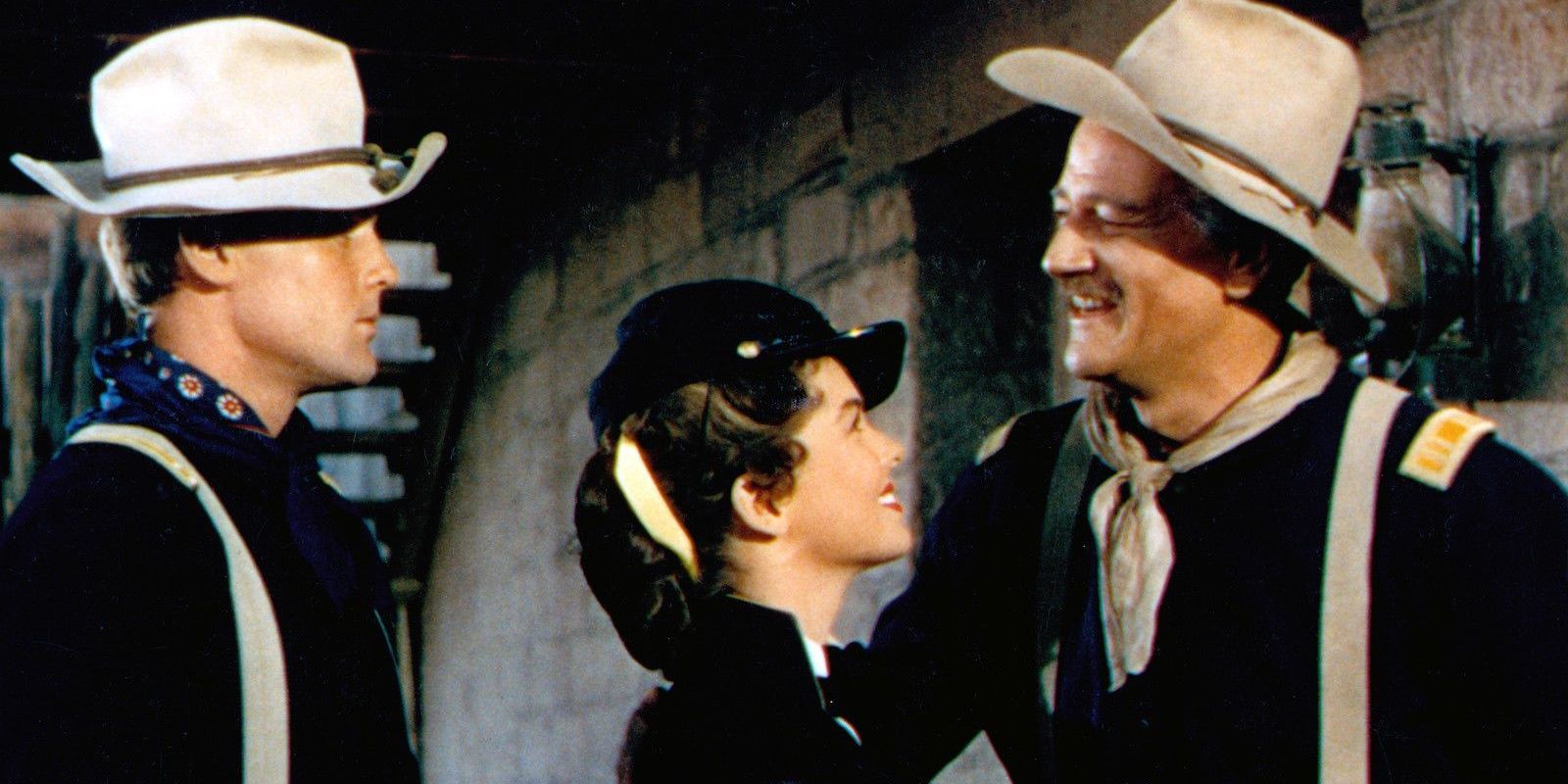
Captain Nathan Brittles (John Wayne) is on the verge of retirement, but the death of General Custer inspires him to head to the Cheyenne and Arapaho reservations. Brittles must find a way to calm the tensions and avoid another war with the "Indians."
If that wasn't enough, he is also ordered to escort his commanding officer's wife and niece to a stagecoach to safety. This is the second film in the thematically linked "Calvary Trilogy" that Ford made over three years, from 1948-1950. After the darker first entry, Fort Apache, Ford took a slightly more light-hearted approach to a similar story, but still with a respectful depiction of Native Americans.
7 Sergeant Rutledge (1960) - 7.4
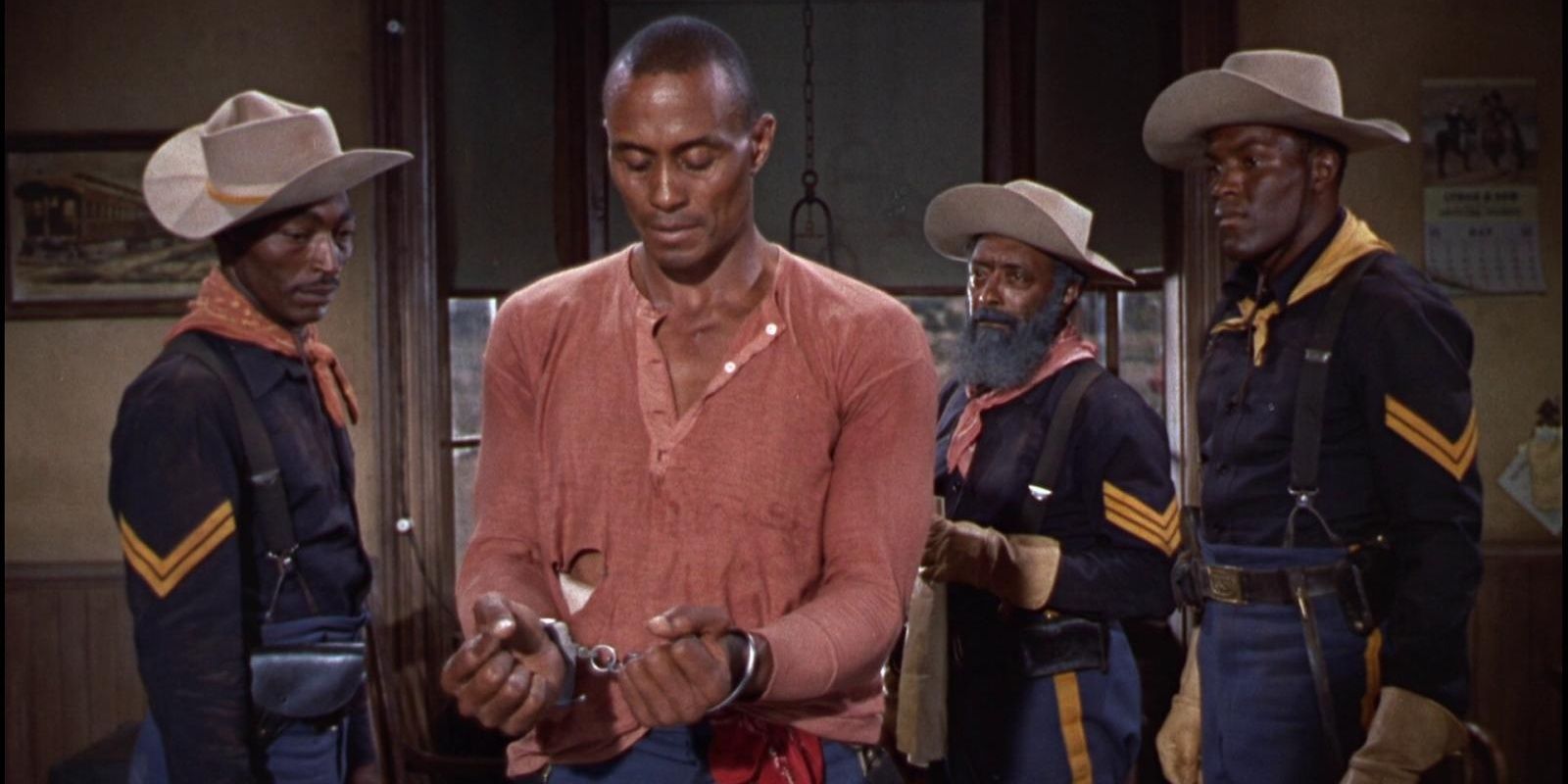
The sexual assault and murder of a woman and the murder of her father bring suspicion down on a respected Black soldier, Sergeant Rutledge. While he is innocent of the crime, there is some circumstantial evidence that's used against him.
Even if Rutledge can prove his innocence, will they even believe him? This is a fairly unique Western considering the blunt and accurate portrayal of racism in a genre that often ignores it or whitewashes history. Combining western, legal drama, and social criticism, Ford excited audiences while depicting a more honest experience of Black Americans in the Old West.
6 3 Bad Men (1926) - 7.5
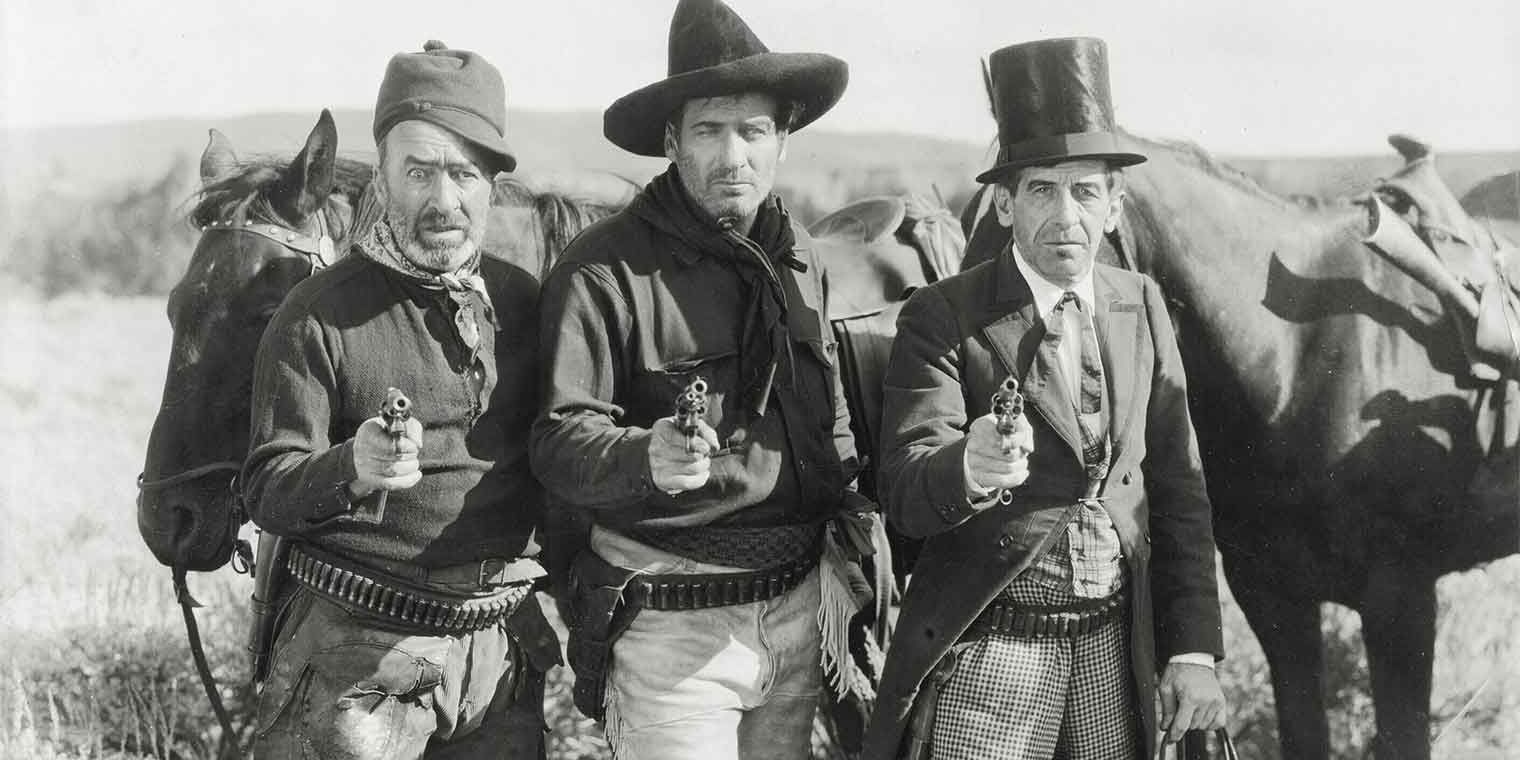
Perhaps the best and most influential of Ford's silent westerns is 3 Bad Men. A gold rush in the Dakotas draws a bunch of folks to the area, many of them being of questionable character, the protagonists included. The titular protagonists are attempting to steal horses when they find a young woman being terrorized by a group of outlaws who killed her father. They decide to act as her protectors, but the most dangerous obstacle they face is the greedy sheriff.
In 3 Bad Men, Ford made a serious Western that wasn't afraid to blur the lines between hero and villain, something that defined the Western from the 1960s on and why this film is still remembered so fondly. The dark tone also explains why it's ranked over the sound remake, also directed by Ford, 3 Godfathers (1948).
5 Fort Apache (1948) - 7.5
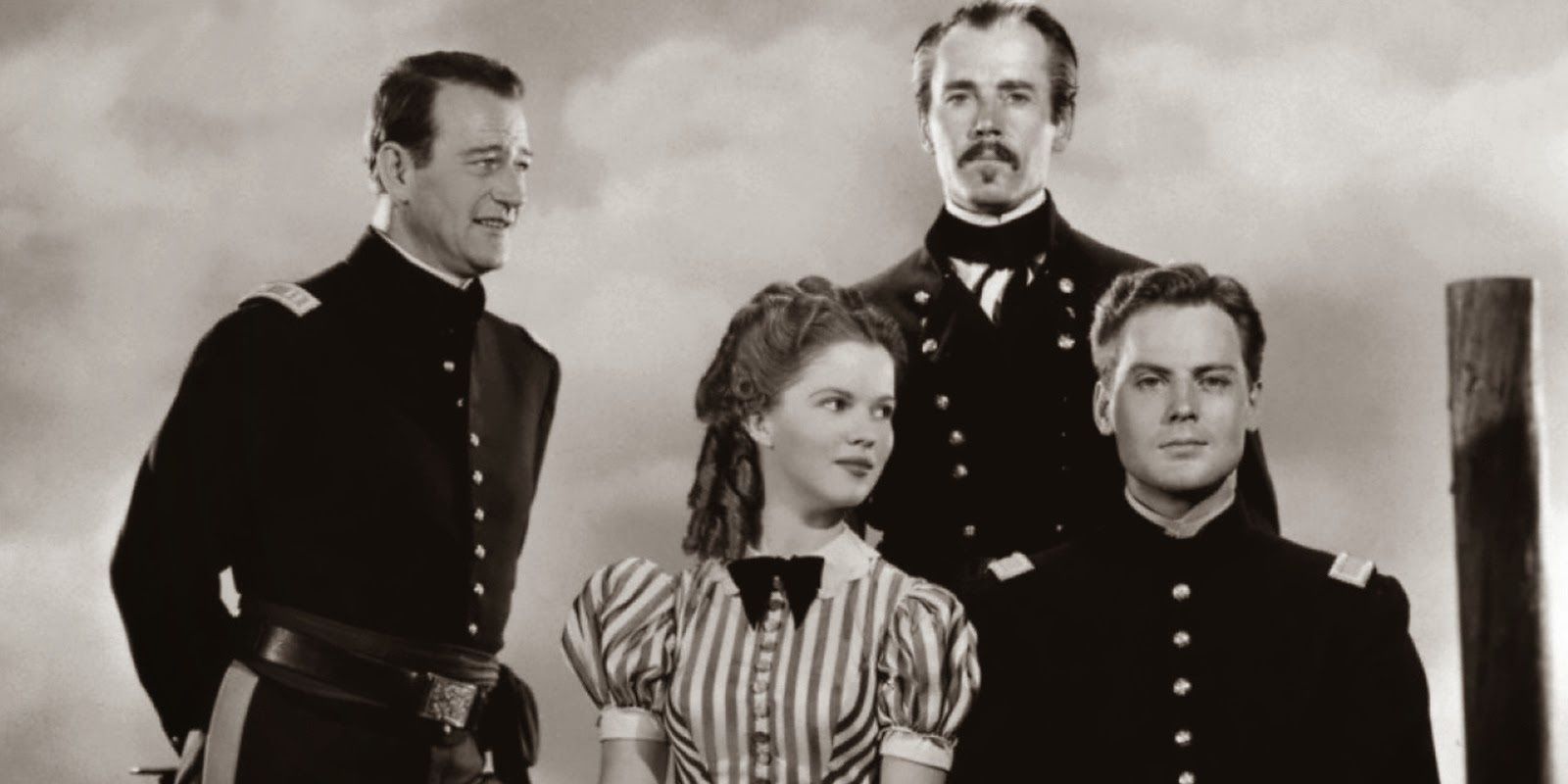
A recently demoted General Owen Thursday (Henry Fonda) is put in charge of the remote outpost known as Fort Apache. Captain Kirby York (John Wayne) is the second in command and soon learns their new commander is only interested in his own glory.
Thursday woefully mismanages the Apaches due to his racism, who rise up against the mistreatment. York, who respects the Apache, is the only hope for the troops if they want to survive. This movie is considered the first Western to show Native Americans in a sympathetic light, and while it may not actually be the first, it is best remembered for Ford's mastery of the genre.
4 My Darling Clementine (1946) - 7.8
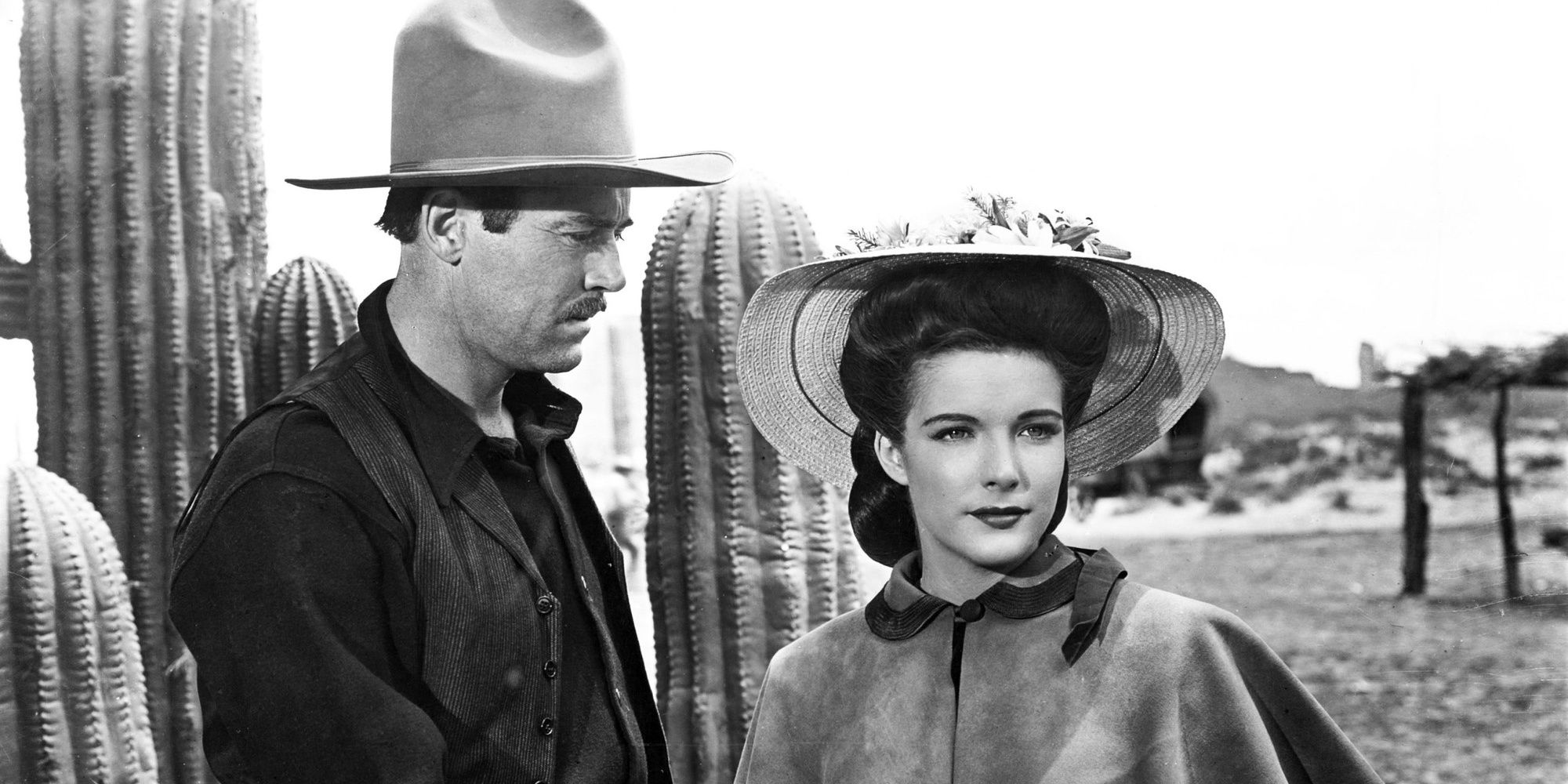
The story of Tombstone, Arizona, and the gunfight at the O.K. Corral has been told many times, usually with little historical accuracy, but John Ford's telling in My Darling Clementine might be the best film made about it. Four brothers are driving a herd of cattle for sale and stop in the town of Tombstone. Wyatt Earp and two of his brothers decide to ride into town.
Soon, they return to find their brother killed and their cattle stolen. Wyatt takes the open position of town marshall to find the killers, one of which appears to be Doc Holliday. Complicating matters is the arrival of the beautiful Clementine, the former flame of Holliday. Hailed as one of the greatest Westerns by many critics since its release, My Darling Clementine manages to simultaneously depict the darkness of the real event, while including the optimism for humanity that defined Westerns in Hollywood's golden age.
3 Stagecoach (1939) - 7.9
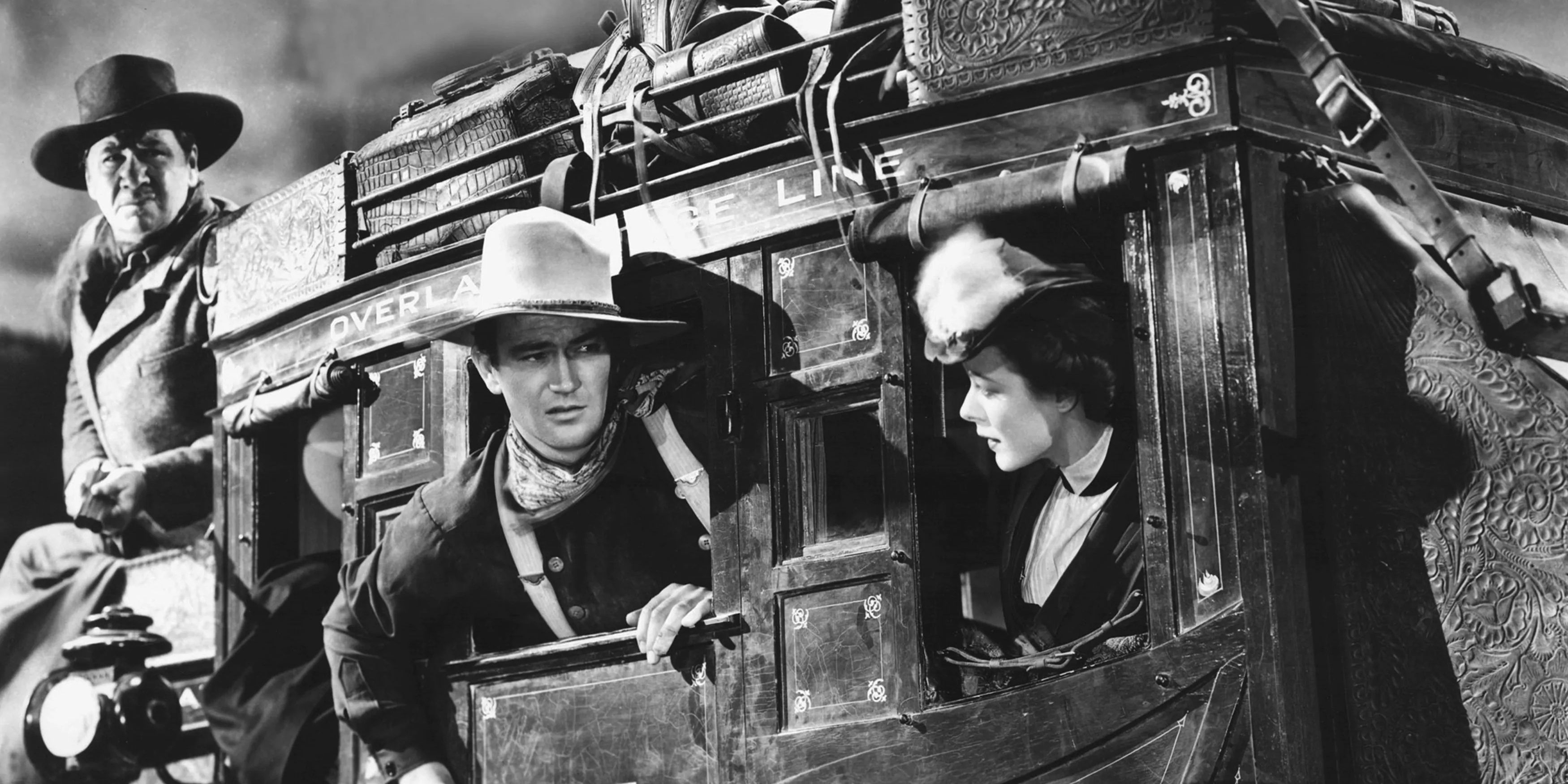
Nine strangers are on an average but cramped stagecoach trip, until they find out that Geronimo is on the warpath and closing in on them. The list of passengers includes a marshall escorting the Ringo Kid (John Wayne) back to prison after he escaped to seek revenge for the murder of his father and brother.
This is one of the most important Westerns ever made for many reasons. Not only did it elevate the genre from its simplistic B movie origins, but it started John Wayne's ascent to become one of the most famous actors ever to appear on the big screen.
2 The Searchers (1956) - 7.9
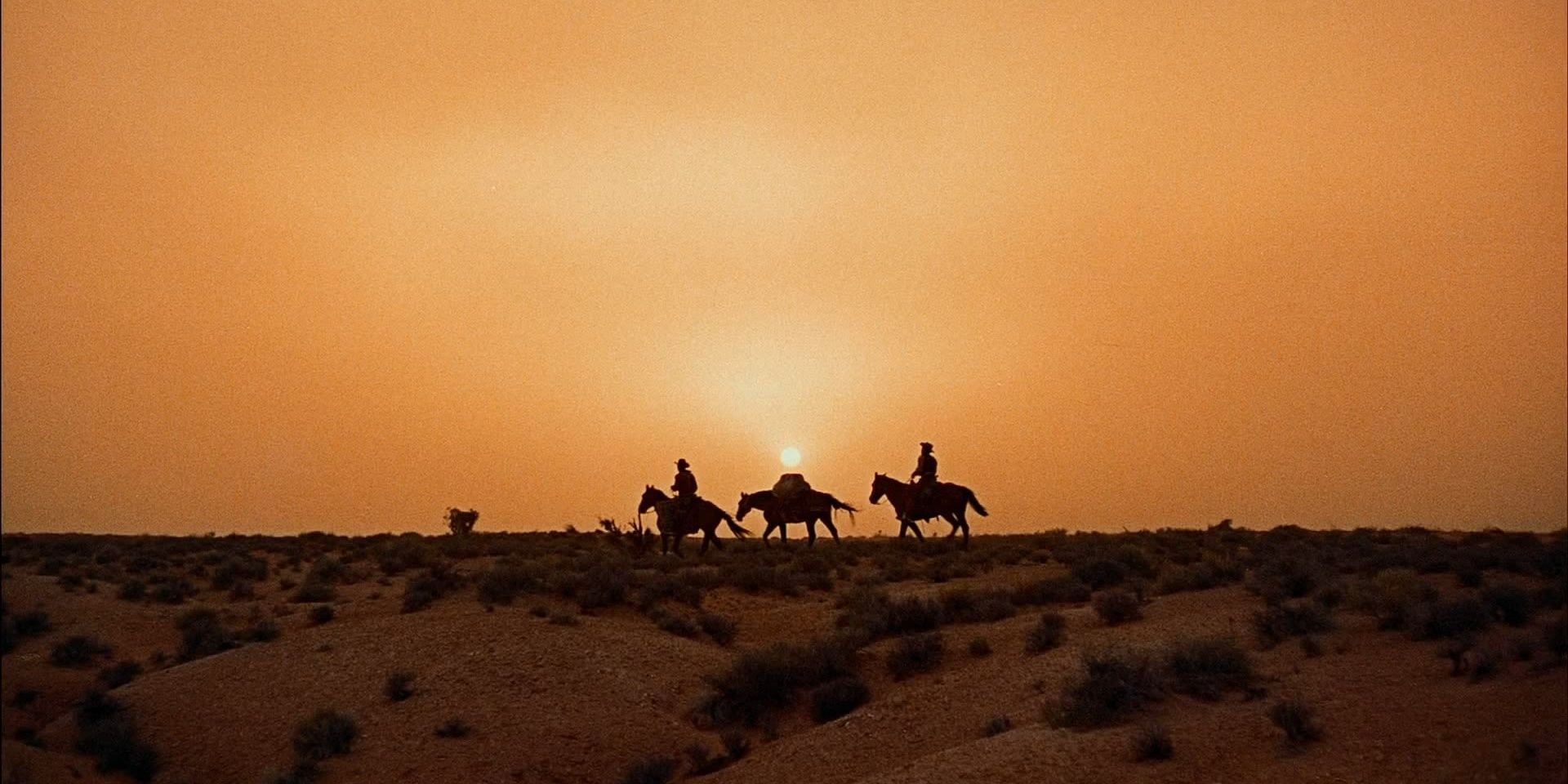
A Civil War veteran is hoping to settle down and live in peace, so he moves onto his brother's Texan homestead. Suddenly, his brother's ranch is burned down by a Comanche raiding party, and all members of his family are killed, except for his nine-year-old niece, who is captured.
He sets out on a five-year journey through the West in search of his niece, but will he find the same family member that was captured, or has she changed too much? Initial reviews were mixed although generally positive, however, this movie has gone on to become one of Ford's most loved movies and was named "greatest American Western" in 2008 by the American Film Institute.
1 The Man Who Shot Liberty Valance (1962) - 8.1
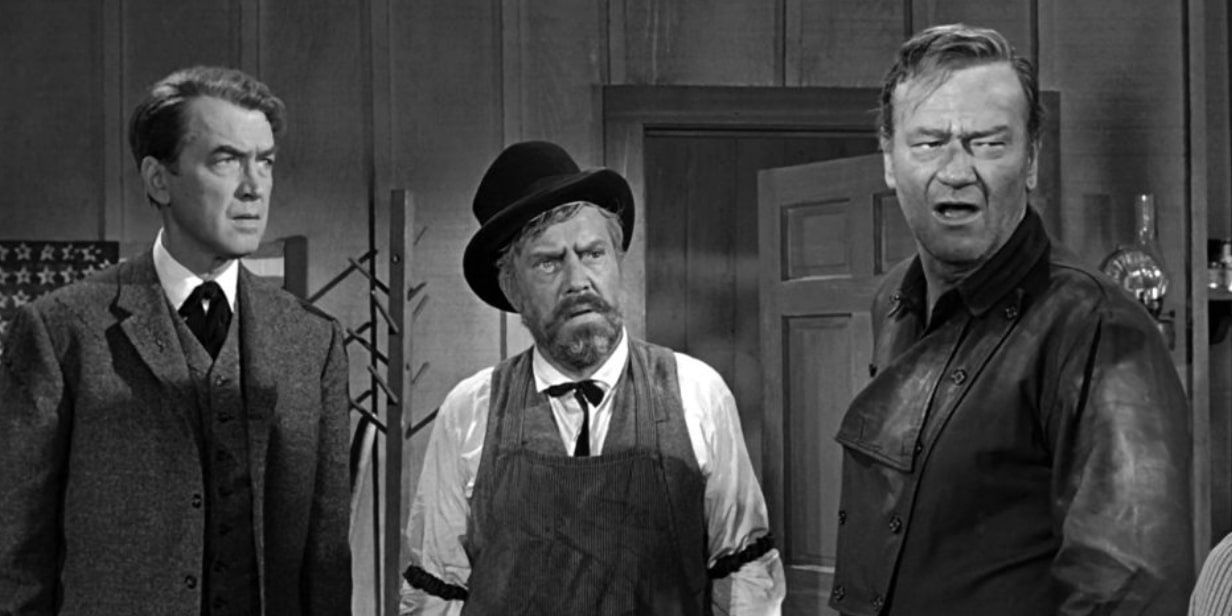
Senator Ranse Stoddard (James Stewart) returns to the town of Shinbone for the funeral of his friend, Tom Dophinon (John Wayne), and recounts the story of local outlaw, Liberty Valance. Ranse, a young lawyer, was traveling near Shinbone when he was beaten and robbed by Valance, but is saved by Tom who finds him and takes him to his girlfriend to treat his wounds.
Forced to take a job in a kitchen, Ranse attempts to find a legal way to lock Valance up, but begins practicing with a gun just in case. The talent of James Stewart opposite the incredible John Wayne manages to elevate the already great script. Fans on IMDb seem to disagree slightly with the American Film Institute, as they've ranked Ford's subversive Western drama as his finest work in the genre.
from ScreenRant - Feed https://ift.tt/3pcolnw


0 Comments